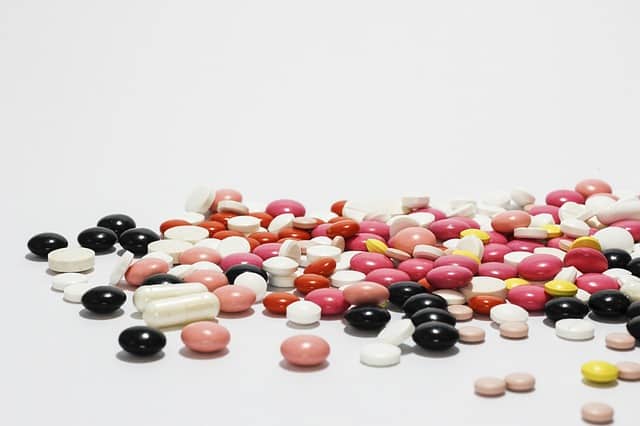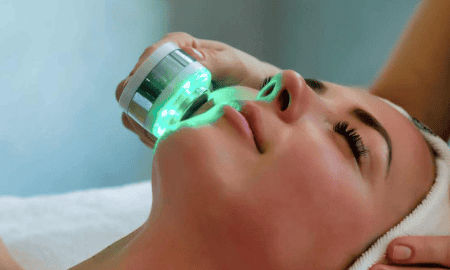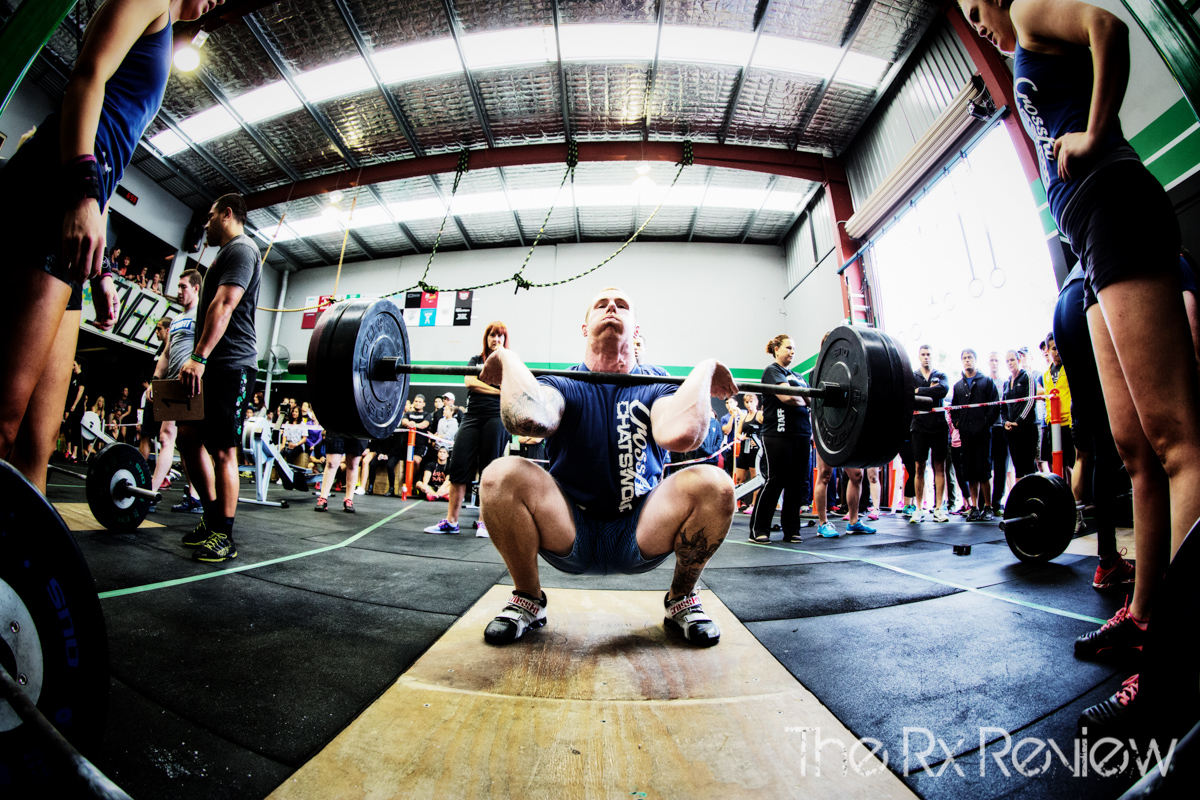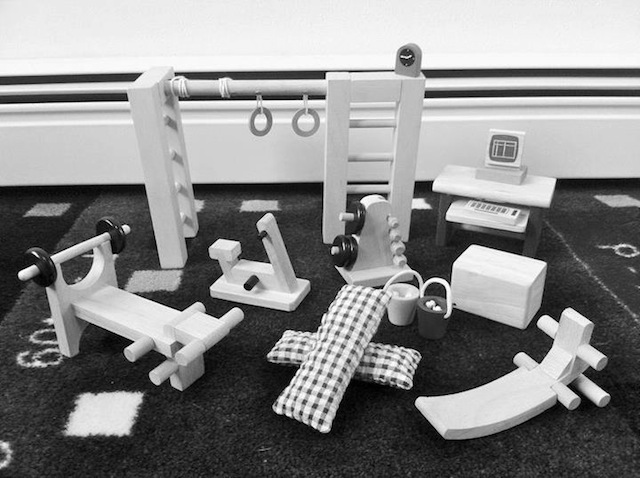
Substance abuse disorders affect millions battling complex conditions arising from and entwined through combinations of biological, social, and psychological factors. However, the illness of addiction responds profoundly to dedicated rehabilitation programs helping individuals establish fulfilled, meaningful lives through recovery. This guide explains vital components empowering those overcoming dependency to build brighter futures.
The Importance of Drug Rehabilitation
Substance abuse disorders affect millions battling complex conditions arising from and entwined through combinations of biological, social, and psychological factors. However, the illness of addiction responds profoundly to dedicated rehabilitation programs like this website helping individuals establish fulfilled, meaningful lives through recovery. Medically supervised rehabilitation programs tailored to individuals unique needs prove vital because customized combinations of detoxification, behavioral therapies, social supports, and medication holistically treat addiction’s full complexity, reclaiming wellness.
Understanding the Rehabilitation Process
While program specifics adapt around assessments determining suitable treatments, general phases help comprehension:
Assessment and Intake – Evaluations by doctors and specialists gauge addiction severities, accompanying medical or mental health factors, social conditions, and unique circumstances, developing integrated recovery plans.
Detoxification – Medical supervision through withdrawal’s acute symptoms provides medications to ease discomforts and prevent complications, overseeing the body safely cleansing and tracing toxins.
Therapies and Counseling – Individual and group behavioral treatment modalities build self-awareness, teach coping strategies, motivate commitment, and ultimately empower maintaining sobriety through peer bonding.
Medication-Assisted Treatment – Certain FDA-approved prescription medications relieve intense cravings and withdrawal pains, especially during early sobriety stages, while therapeutic approaches strengthen ongoing decision capabilities, avoiding relapses.
Aftercare and Support – Continuing accountability through outpatient counseling, community immersion mentoring, sober housing, and lifelong recovery skills development prevents backslides, reinforcing permanent dependency escapes.
Types of Drug Rehabilitation Programs
Various environments suit differing addiction needs:
Inpatient Rehabilitation – Residential facilities deliver round-the-clock structured care, including medical detoxification and diverse therapies in protective environments distanced from past triggers, jeopardizing early sobriety stages.
Outpatient Rehabilitation – Regular rehabilitation center visits enable maintaining work or family commitments while receiving treatments through programmed multidimensional protocols customizable around obligations.
Partial Hospitalization Programs (PHP) – Blend highly intensive daily rehab appointments and housing flexibility, staying separately, unlike fully residential inpatient facilities. It is ideal for some social support needs.
Intensive Outpatient Programs (IOP) – Less frequent yet still regular and graduated counseling, group therapies, and goal-setting assurances through active recovery worker aid accountability.
Sober Living Homes – Alcohol and drug-free housing securing safe transitional environments among supportive peer groups progressing reentry and adjusting to normal independent functioning.
The Role of Family and Community in Recovery
Collective compassion fuels rehabilitation momentum:
Motivation Reinforcement – Encouragement from loved ones nudges forward during hardship struggles, propelling additional dedication through the arduous yet entirely worthwhile addiction freedom effort.
Relapse Prevention – Positive influences lessen risks of reverting to past social circles still immersed in substances, replacing these with new constructive friend groups.
Financial Assistance—Inpatient or intensive programs have affordability hurdles that are addressed when families contribute funding, enabling the initiation of the invaluable recovery commencement steps.
Education and Understanding– Misconceptions shroud addiction absent personal experiences. Friends and families better assist in overcoming stigma through learning behavioral disorder nuances and hardships those battling dependencies endure.
Ongoing Support System – Maintaining open communication channels builds accountable assistance safety nets, preventing isolated withdrawals during challenging phases prone to hopeless outlooks and risking surrender rather than seeking solutions.
Finding the Right Drug Rehab in Massachusetts
Several vital facets determine rehabilitation program alignments suiting individual success probability:
Specializations – Certain facilities focus specifically on overcoming particular substance addictions like opioids. Offering tailored detox protocols catering to care around corresponding risks.
Treatment Approaches – Holistic integrations of therapeutic modalities address connections between mind, body, and external factors through spiritual practices, physical activities, and expressive, creative outlets.
Length and Intensity – Inpatient or outpatient program durations meeting frontloaded detox hurdles or long-term dedication milestones map medications, counseling formalities, and healthy habit formations appropriately.
Affordability and Admissions – Navigating insurance complexities ensures sufficient coverage for quality rehab options, satisfying financial hardships, and commencing critical care at the pivotal prepared moments of positive dependencies breaking readiness.
Location Conveniences—Proximities to welcoming community immersions, nearby supportive family lifelines, or recovery-conducive environments help some participants follow through and avoid previous environmental triggers.
Overcoming Addiction’s Challenges and Milestones
Despite preparation, challenges affecting all stages demand vigilance:
Trigger Identification – Note particular activities, social exposure risks, or physical locations prompting desire relapse regressions jeopardizing quitting momentum to deploy avoidance tactics disrupting destructive thought manifestations accordingly.
Support Teams –Counselor guidance fortifies constructive friendships, providing positive anchors instead of past negative influences. It also aligns household dynamics, facilitating the arduous recovery responsibilities.
Motivation Maintenance – Inspiring mentors reaffirm larger life purpose visions overshadowing momentary discomforts of the withdrawal process ahead, empowering perseverance through the bleakest moments obscured by immediate pain rather than bright futures.
Relapse Responses – Retained empathy channels encourage promptly seeking medically supervised detox reboots rather than further spiraling through unaddressed guilt-ridden binges, avoiding admitting momentary setbacks.
Mental Wellness – Nearly a third of those struggling with substance addictions also face mood disorders exacerbating dependencies; hence, dual diagnosis rehabilitation integrating therapies addressing concurrently underlying psychiatric factors proves vital.
The Role of Holistic Approaches in Drug Rehabilitation
Integrative remedies delivering well-rounded healing include:
Mindfulness and Meditation – Mind calming practices teach patients self-soothing skills, reducing anxieties or destructive impulses through peaceful present moment clarity, diminishing tendencies dwelling on regretted past actions or debilitating worried futures.
Nutritional Support—Appetite renewal through balanced nutrition provides energizing fuel, aiding weakened physical states while correcting vitamin deficiencies worsened through chronic substance misuse, which deprives essential nutrient absorption.
Physical Activity—Movement stimulation releases endorphins, improving moods while burning away nervous energy stores. Avoiding sedentary conditions, which can potentially exacerbate cravings, is also beneficial. Gentle activities rebuild physical strength sapped by long-term drug toxicity.
Expressive Therapies—Music, journals, and art explore underlying issues and past traumas in creative ways, allowing the cathartic release of pent-up emotions that may unconsciously feed vicious dependency cycles.
Spiritual Grounding – Meditative or religious pursuits provide a sense of profound meaning, ethical consequences considerations, and self-discipline principles empowering the intense commitment to conquering addiction demands during significantly wavering internal doubts.
Conclusion
Rehabilitation programs deliver manifold treatments with combined effectiveness exponentially surpassing attempting solitary withdrawal efforts, typically ending unsuccessfully alone. But professional assistance through detox discomforts navigating early abstinence obstacles engages more profound lifestyle transformations, rewriting futures where substance dictation abolishment enables profound happiness and purpose re-discoveries manifesting optimally balanced lives rich with connections.

















Follow Us